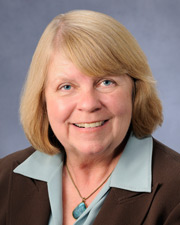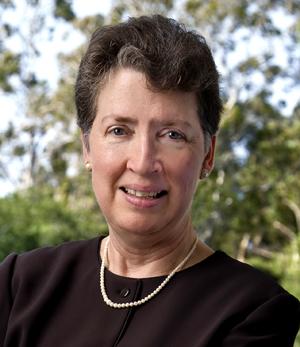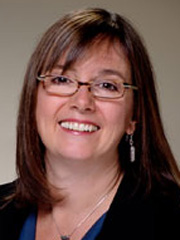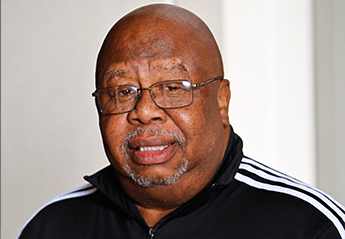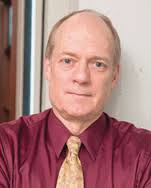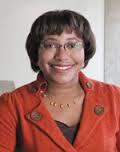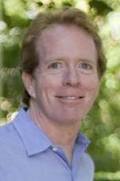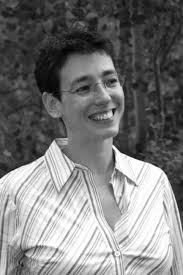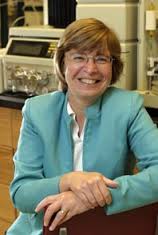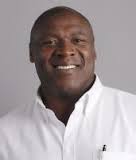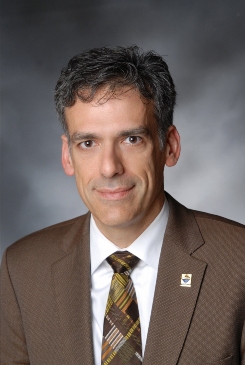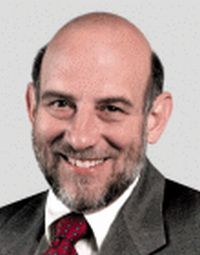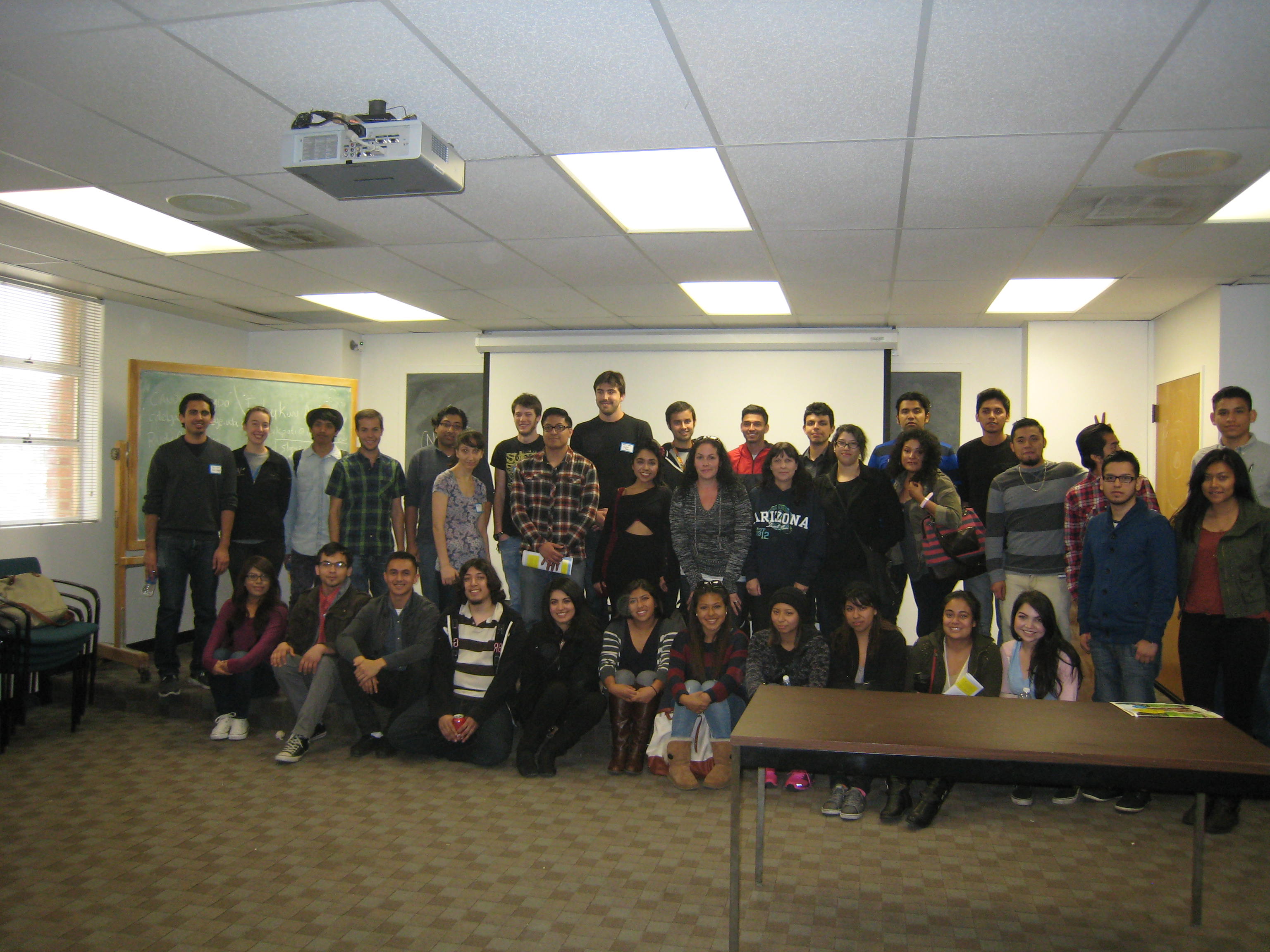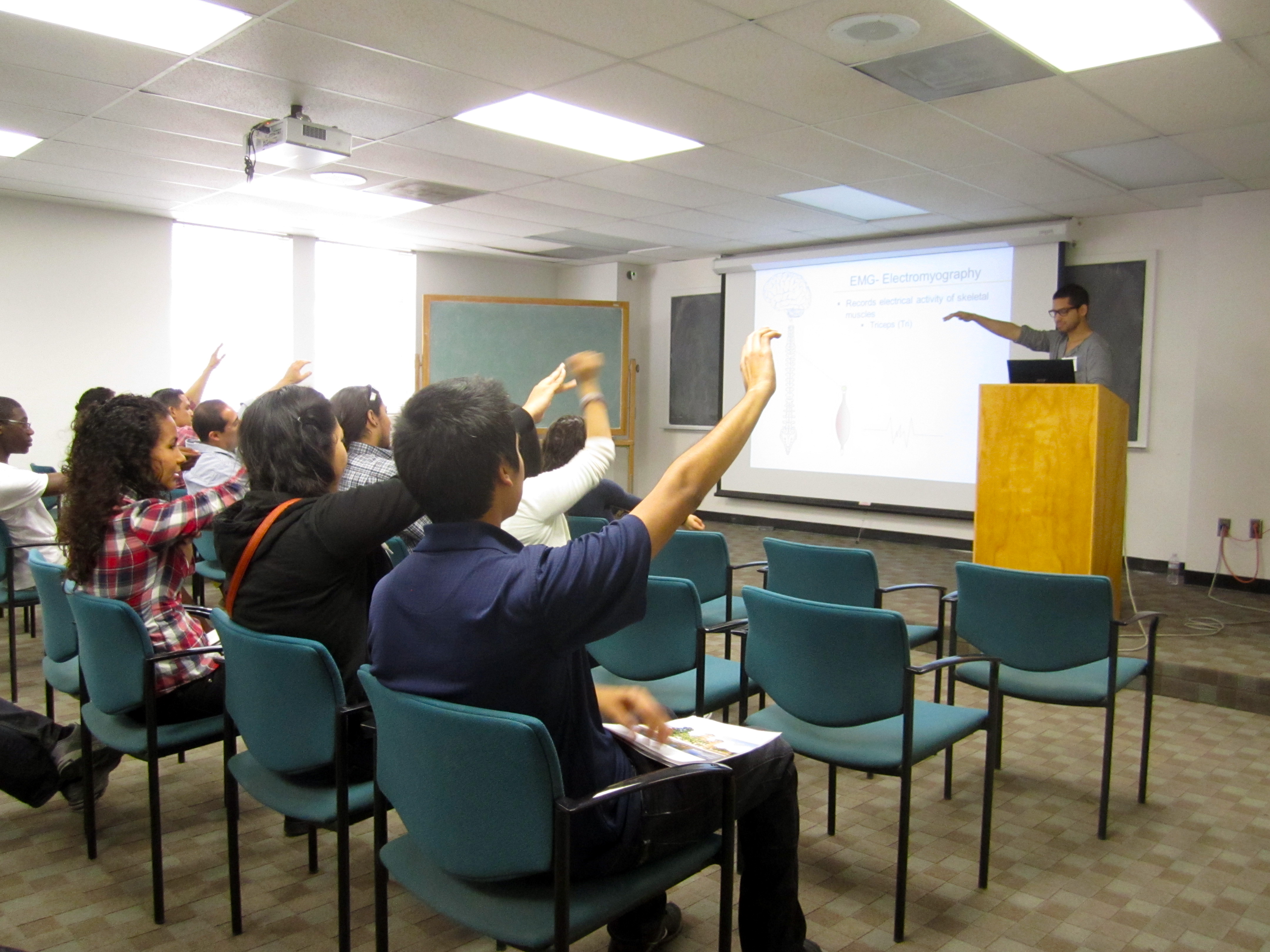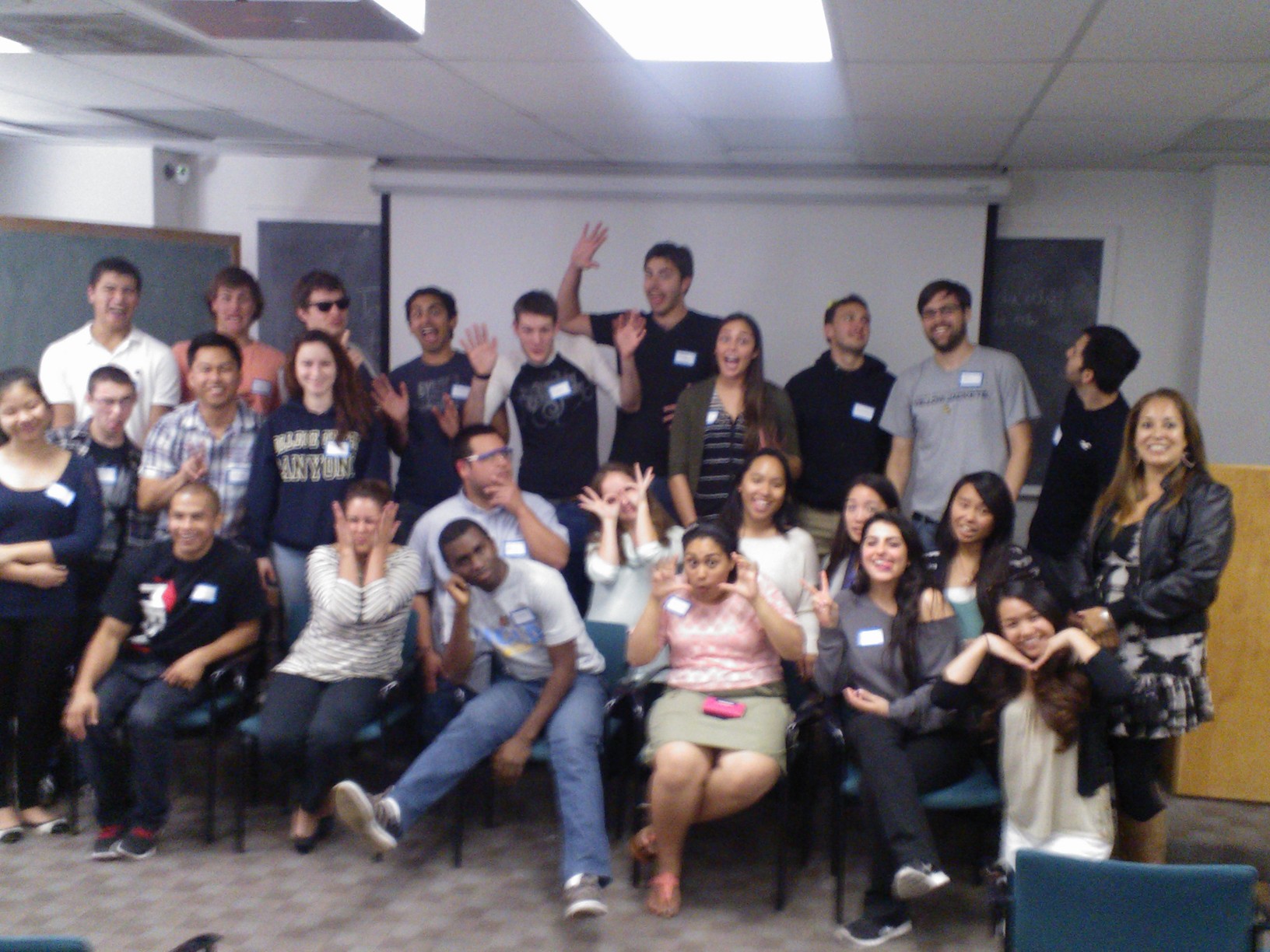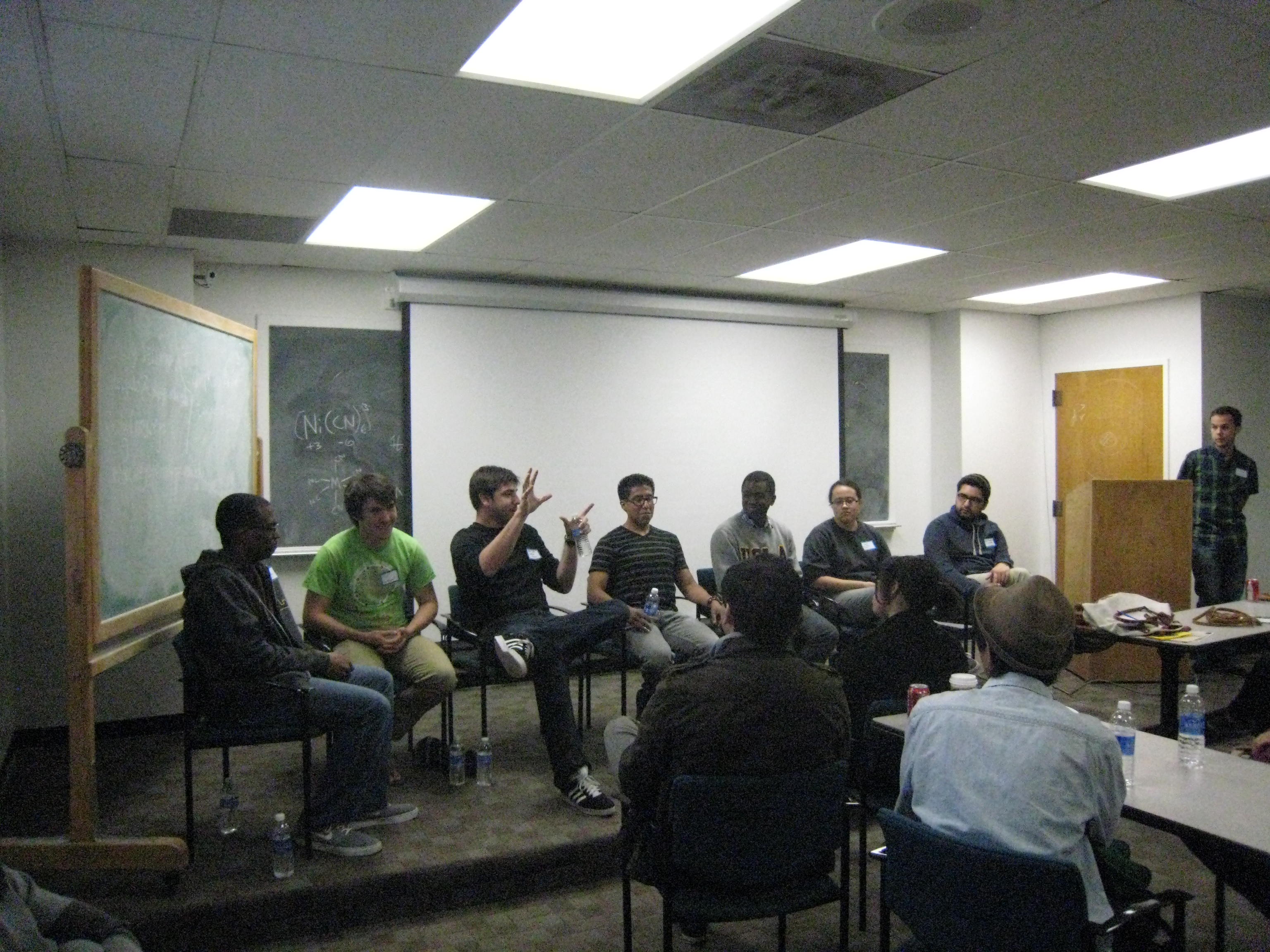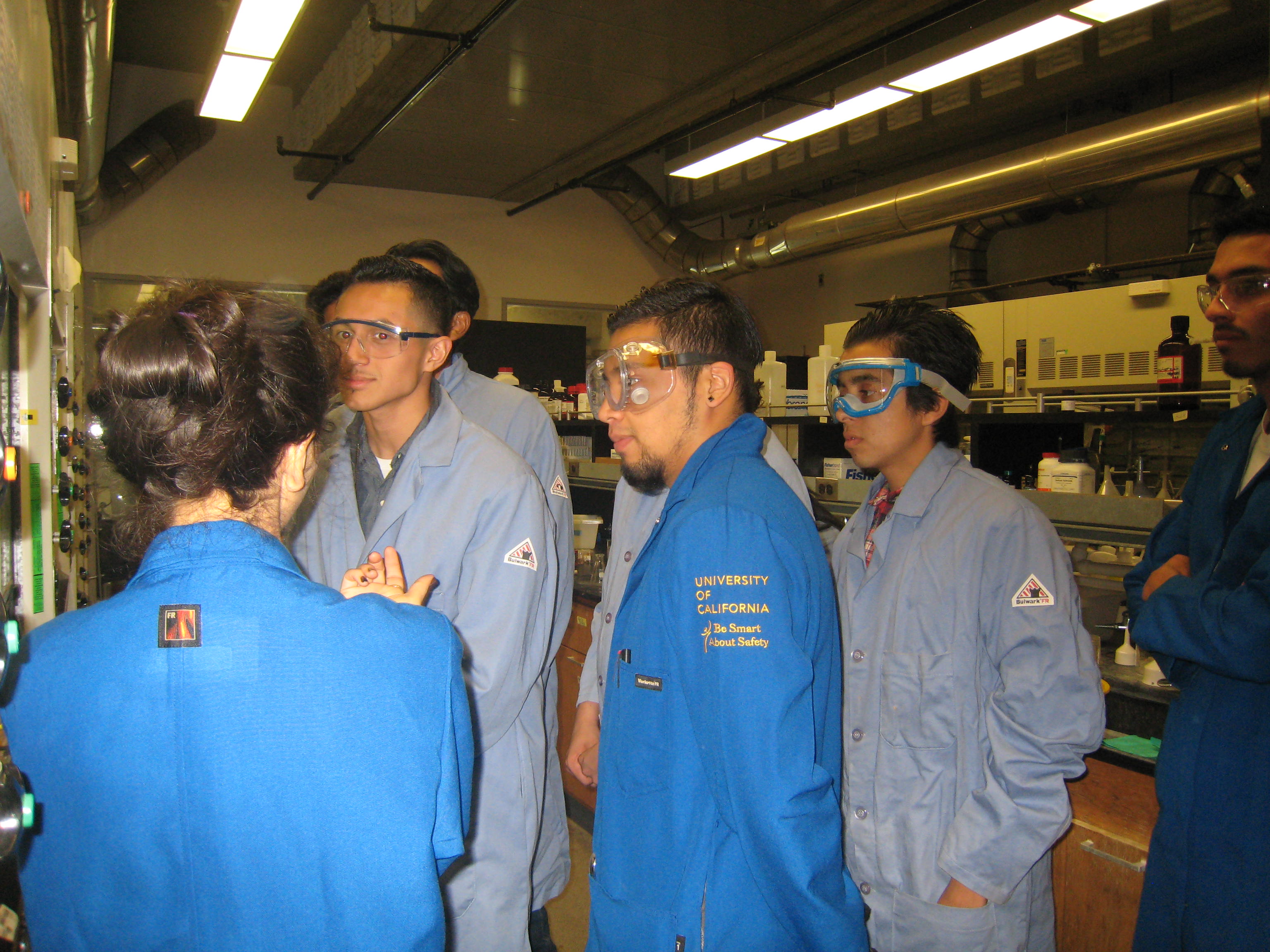As a part of the Fall 2014 National Meeting in San Francisco, the ACS Committee for Minority Affairs will be co-sponsoring several programming items. On Monday, August 11th, 2014, the session will be titled “How to Foster Diversity in the Chemical Sciences: Lessons Learned and Taught Through the Stories of Recipients of the Stanley C. Israel Award“.
8:05 – Diversifying the Department of Macromolecular Science & Engineering at Case Western Reserve University. Over the past seven years, the Department of Macromolecular Science & Engineering has operated an outreach program into significantly challenged inner city high schools, as well as actively using its summer REU program to enhance minority participation in undergraduate research and graduate recruiting. 100% of the high school students who have completed the program have gone on to college (the first student is in her second year of a PhD program now) with 90% majoring in STEM fields. The REU program, working closely with a group of historically black universities, had led the program from no African American PhD students 5 years ago to 12% participation as of fall 2014. Successful strategies at both the high school and undergraduate levels will be discussed.
D. A. Schiraldi

8:25 . Recruit, nurture, and graduate underrepresented minority and disadvantaged students. Underepresentation of African Americans (AA), females, and first generation college students in the chemical sciences is a major concern of the nation as we forge forward to diversify the workforce. Historically Black Colleges and Universities (HBCUs) play an important role in educating these students. At Jackson State University, one of the few HBCUs designated by the Carnegie Foundation as “Research Universities with High Research Activity”, its chemistry department has the nurturing environment, scientific accomplishments, and rich experiences to recruit, nurture, and graduate AA students on BS, MS, and PhD levels. With the support of the faculty and the administration, the Department of Chemistry at JSU embarked on this journey with the following initiatives: 1). Address societal apprehension about chemistry from our students; 2). Modify curricula to suit the needs and goals of the current generation; 3). Remove financial barriers to quality chemical education; 4). Establish Individualized training; 5). Create opportunities designed to make student and faculty partners in their education; 6). Develop relationships with the community, including high schools and community colleges. These efforts helped to triple the chemistry enrollment on all three levels: BS, MS, and PhD, and advanced the Department to become the top chemistry program in the country for producing AA graduates on all three levels.

H. Yu, G. Hill, A. Hamme
8:45 . Fostering Diversity in the Chemical Sciences through Undergraduate Research at Queensborough Community College. Queensborough Community College is one of the seven community colleges that are part of the City University of New York. Through the support of the college administration, first, and later an NSF-STEP grant, undergraduate research has been instituted as a freshman impact activity. This has led to numerous conference presentations by the students and close to two dozen peer-reviewed journal publications that bear the students’ names since 2000. In addition students from diverse communities and backgrounds have been actively supported into summer REU experiences, tutoring opportunities as well as the opportunity to summarize invited speakers’ seminars. All these activities enhance the students’ self-confidence and create a cohort that overcomes any ethnic, age, gender or religious differences.

P. Svoronos
9:05 . Mentoring, research, and diversity: Transforming undergraduate STEM education. Mentoring and research are important tools for transforming undergraduate education in science, technology, engineering, and mathematics (STEM). Through such experiences, aspiring scientists are engaged in meaningful learning that transcends classroom teaching into applications of relevance to real-world challenges. In addition, mentoring and research synergistically impact student retention and provide the preparatory background for long term careers in STEM fields. Through funding from the National Science Foundation, the National Institutes of Health, Research Corporation, and the Louisiana Board of Regents, the Office of Strategic Initiatives at Louisiana State University provides a host of programs, services, and opportunities for students with exceptional promise for academic and research achievements. We believe that the hallmarks of all of these programs are our mentoring and research activities. Combining these with diversity, academic advising and interventions, and financial support, our staff works collaboratively with faculty to provide a diverse population of students with the foundation needed to excel in undergraduate programs of study. Through these interventions and support, we have realized growth in the retention and graduation rates of program participants. Beyond simple subsistence in STEM fields, we have seen an increase in graduating GPAs of our students, as well as an increase in the number of program participants garnering national awards. In addition, we have demonstrated that these strategies are equally applicable to a diverse population of students such that there is not a significant difference in the six-year graduation rates of under-represented minorities, women, and majority students.

I. M. Warner, M. Crawford, Z. Wilson, S. Pang, A. Wright, G. Li, G. Thomas
9:25 . Fostering diversity and building capacity in STEM for girls in the South. The 2010 report on girls and women in science, technology, engineering and mathematics (STEM) published by AAUW asks the question, “Why So Few?” that everyone should be asking. Recruitment, retention, and graduation of women with science, technology, engineering and mathematics (STEM) training are critical needs in Tennessee and across the nation. The low rate at which women are entering STEM in high school and in higher education is troubling, especially since even low-paying jobs require a fundamental knowledge of STEM subjects.
In addition, our society still reinforces traditional beliefs about education and careers for women. These beliefs are very prevalent in Tennessee and across the South. STEM education and career choices of girls are clearly affected by negative stereotypes of who scientists are. Children are aware of these stereotypes and may express stereotypical ideas about who is suitable for a career in STEM. These perceptions also undermine the self-confidence of girls in pursuing STEM careers.

At Middle Tennessee State University, we have been building capacity and proficiency in STEM for girls and women since 1996. We are changing the equation and fostering diversity in STEM through our signature programs such as Expanding Your Horizons, the Girls Raised in Tennessee Science (GRITS) Collaborative Project and more. We have established the first Women In STEM (WISTEM) Center in Tennessee and have created a community of experts who promote a greater understanding of STEM education and careers for girls and women in Tennessee.
J. M. Iriarte-Gross
10:00 . OXIDE: Fostering diversity equity in academic chemistry departments. Academic chemistry departments not only employ a significant fraction of the chemical workforce, they also train future chemical scientists. As such, it is critical that these departments create an equitable culture for practicing and aspiring chemists from diverse backgrounds. OXIDE (the Open Chemistry Collaborative in Diversity Equity, www.oxide.gatech.edu) is a 5-year, NSF/NIH/DoE-funded initiative to reduce inequitable policies and practices in leading research-active academic chemistry departments with respect to gender identity, race-ethnicity, disabilities, and sexual orientation. We partner with department chairs, placing both the responsibility and the credit for solving the problem on them, rather than on single “change agents” in the department’s rank and file. Our partnership model also entails a variety of approaches to connect the chairs, existing diversity communities, and social scientists with diversity-related expertise.
This presentation will describe OXIDE’s current findings and primary activities, including: sponsoring biennial National Diversity Equity Workshops (NDEWs), with the next in Spring 2015; gathering annual faculty demographics data from over 100 research-active chemistry departments and partnering with Chemical & Engineering News to publish the results; serving as an information conduit between stakeholders in academic chemistry departments, the social sciences, diversity communities, funding agencies, and the broader chemical enterprise.

S. Watt, R. Hernandez
10:20 . Recruiting and Retaining Talent in the Chemical Sciences. Stanley C. Israel was well-respected polymer chemist, a significant contributor to the ACS and an advocate for equality, diversity, research and education. This presentation describes our work recruiting and retaining students typically underrepresented in the chemical sciences at the University of Richmond and Hobart and William Smith Colleges. We will describe our approach which dovetails various components of education, research, outreach, mentoring and institutional support.
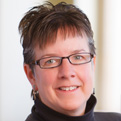
C. Parish
10:40 . Foster Diversity in Chemical Science by Integration of Research into Education in the Hispanic Serving Institution. Significant progress on minority student’s education has been achieved in the last decade. However, there are limited resources and programs integrating chemistry-oriented multidisciplinary research into quality education, especially among underrepresented student populations. In order to advance research and education in minority serving universities, the authors introduced series of leading edge research activity and laboratory experiments related to multidisciplinary Science, Technology, Engineering and Mathematic (STEM) fields into the undergraduate education. It was found that underrepresented students who are academically unprepared and financially-needed gains core-knowledge and their in-depth understanding of STEM concepts was improved via advancing research quality. The integration of research and education with joint efforts to infuse education with excitement of discovery was found to be able to enrich research through diversity of learning perspectives.


J. Liu, S. Bashir
11:00 . Promoting chemistry education amongst the under privileged: Tales from 2 continents. Facilitating diversity in the chemical sciences is something that is very vital to the sustenance of the global scientific enterprise as a whole and it is the responsibility of everyone to play their own part towards the realization of this goal. This presentation will discuss some of the activities undertaken by the author on 2 separate continents- Africa and North America to help promote the study of chemistry with the ultimate goal of contributing to the global workforce.

W. A. Lawal
11:20 . Nelson Diversity Surveys. The Nelson Diversity Surveys provide faculty headcount for faculty in 15 science / engineering disciplines at research universities, disaggregated by discipline, rank, race, and gender. Results of the most recent surveys will be provided, and the utility of these surveys will be discussed. How to read the information from the survey tables will be demonstrated, and where to find the data will be revealed.

D. J. Nelson
Additional information about Stan Israel and the award
Award information, including links to online nomination: http://www.acs.org/content/acs/en/funding-and-awards/awards/other/diversity/stan-israel-award.html
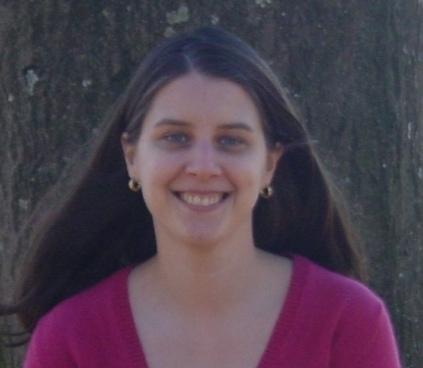 Dr. Watt combines her training in conjugated polymer synthesis and characterization and experience in academic diversity administration in her position as OXIDE Research and Program Manager. She founded the Georgia Tech Women in Chemistry Committee to provide support for, raise awareness of, and propose/implement solutions to the challenges faced by female chemistry trainees. She holds a Ph.D. in Chemistry from the Georgia Institute of Technology. She continued her conjugated polymer characterization research as a National Science Foundation Discovery Corps Post-doctoral Fellow at the University of Michigan, where she served on the University-wide President’s Advisory Commission on Women’s Issues.
Dr. Watt combines her training in conjugated polymer synthesis and characterization and experience in academic diversity administration in her position as OXIDE Research and Program Manager. She founded the Georgia Tech Women in Chemistry Committee to provide support for, raise awareness of, and propose/implement solutions to the challenges faced by female chemistry trainees. She holds a Ph.D. in Chemistry from the Georgia Institute of Technology. She continued her conjugated polymer characterization research as a National Science Foundation Discovery Corps Post-doctoral Fellow at the University of Michigan, where she served on the University-wide President’s Advisory Commission on Women’s Issues.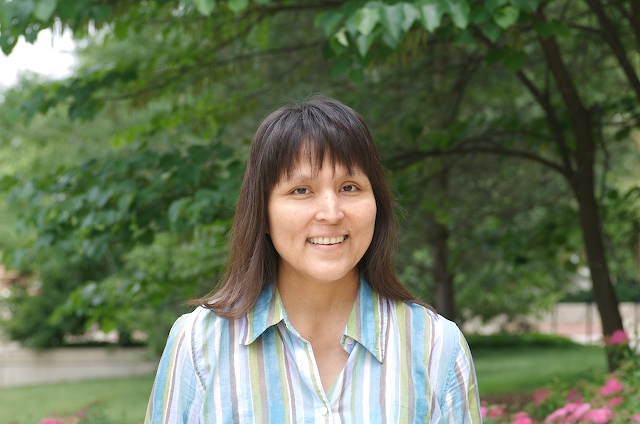 Dr. Sekaquaptewa current research is focused on stereotyping, prejudice, stereotype threat, and effects of category salience on test performance. One line of research concerns the test performance of solo vs. nonsolo group members. When one’s social category is made salient via solo status (being the only member of one’s social category in a group), academic performance is diminished, especially when the situation is one where the solo is stereotyped as a poor performer (e.g., females answering questions about science). Performance is less affected when the solo is not negatively stereotyped. A second line of research addresses the relationship between stereotype use and discrimination. Her research shows that people who rely on stereotypes in processing have more negative social interactions with members of stereotyped groups, independently of how they feel about the stereotyped group. A third line of research bridges the first two by examining the interaction of implicit stereotyping and susceptibility to the negative influence of stereotype threat.
Dr. Sekaquaptewa current research is focused on stereotyping, prejudice, stereotype threat, and effects of category salience on test performance. One line of research concerns the test performance of solo vs. nonsolo group members. When one’s social category is made salient via solo status (being the only member of one’s social category in a group), academic performance is diminished, especially when the situation is one where the solo is stereotyped as a poor performer (e.g., females answering questions about science). Performance is less affected when the solo is not negatively stereotyped. A second line of research addresses the relationship between stereotype use and discrimination. Her research shows that people who rely on stereotypes in processing have more negative social interactions with members of stereotyped groups, independently of how they feel about the stereotyped group. A third line of research bridges the first two by examining the interaction of implicit stereotyping and susceptibility to the negative influence of stereotype threat.
